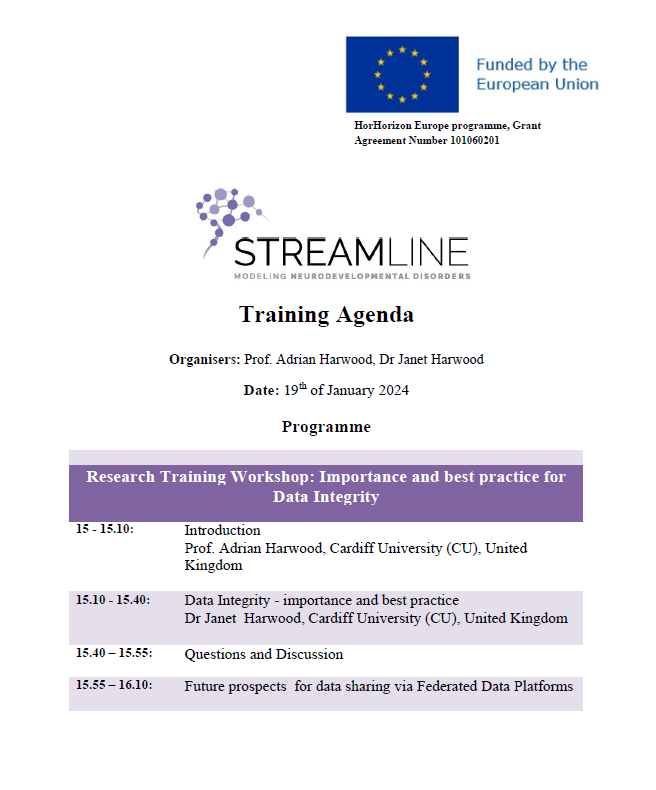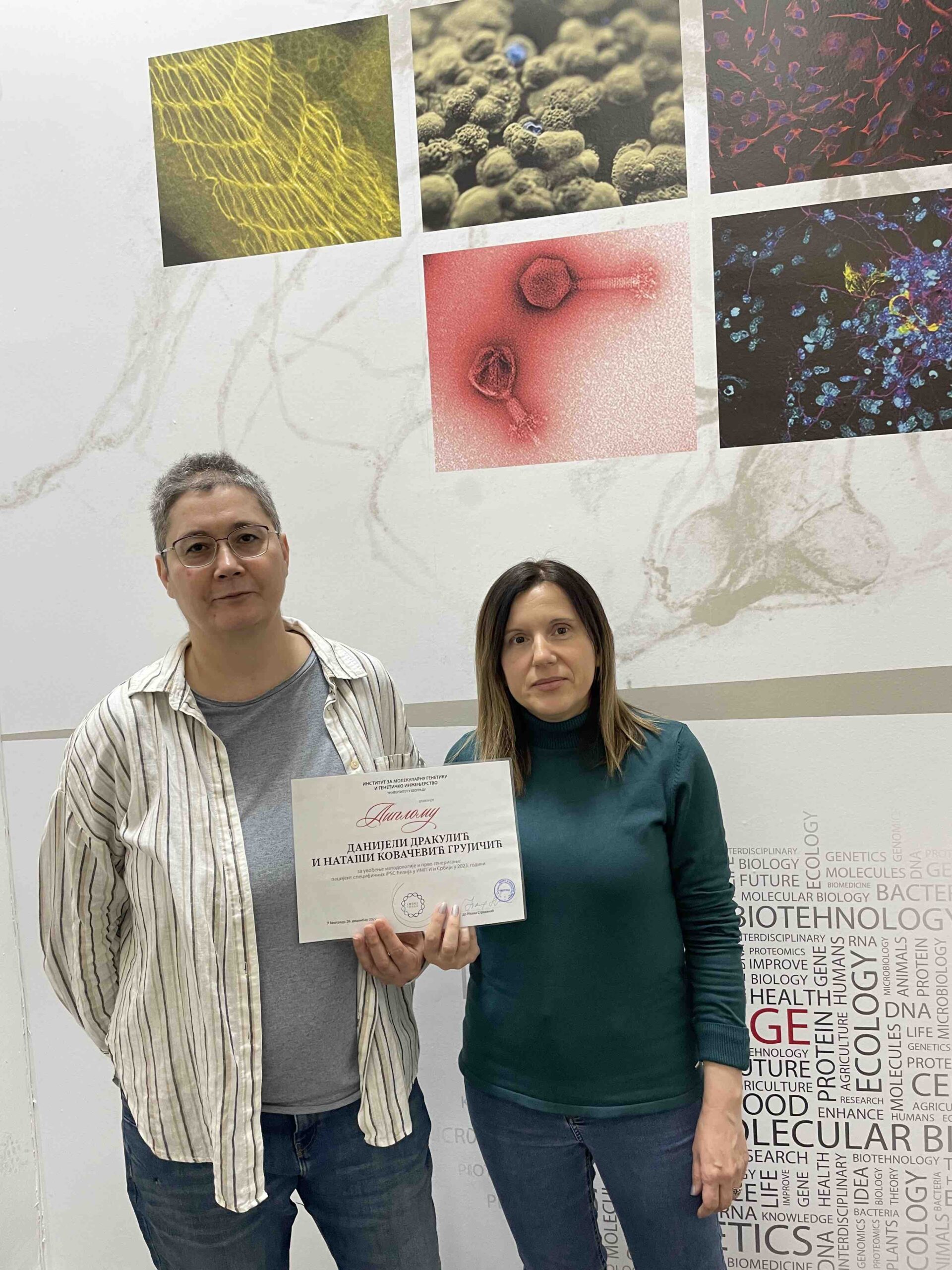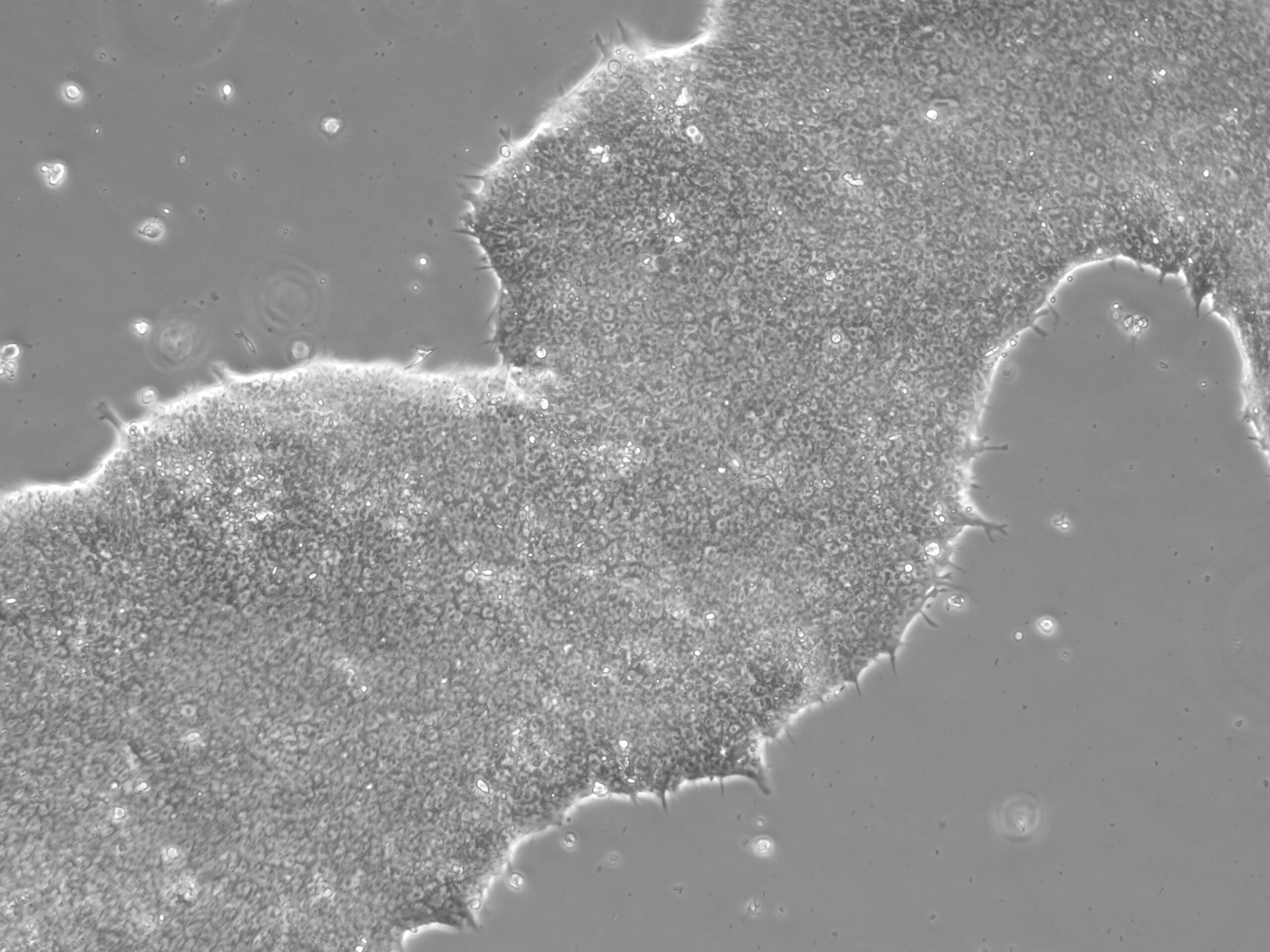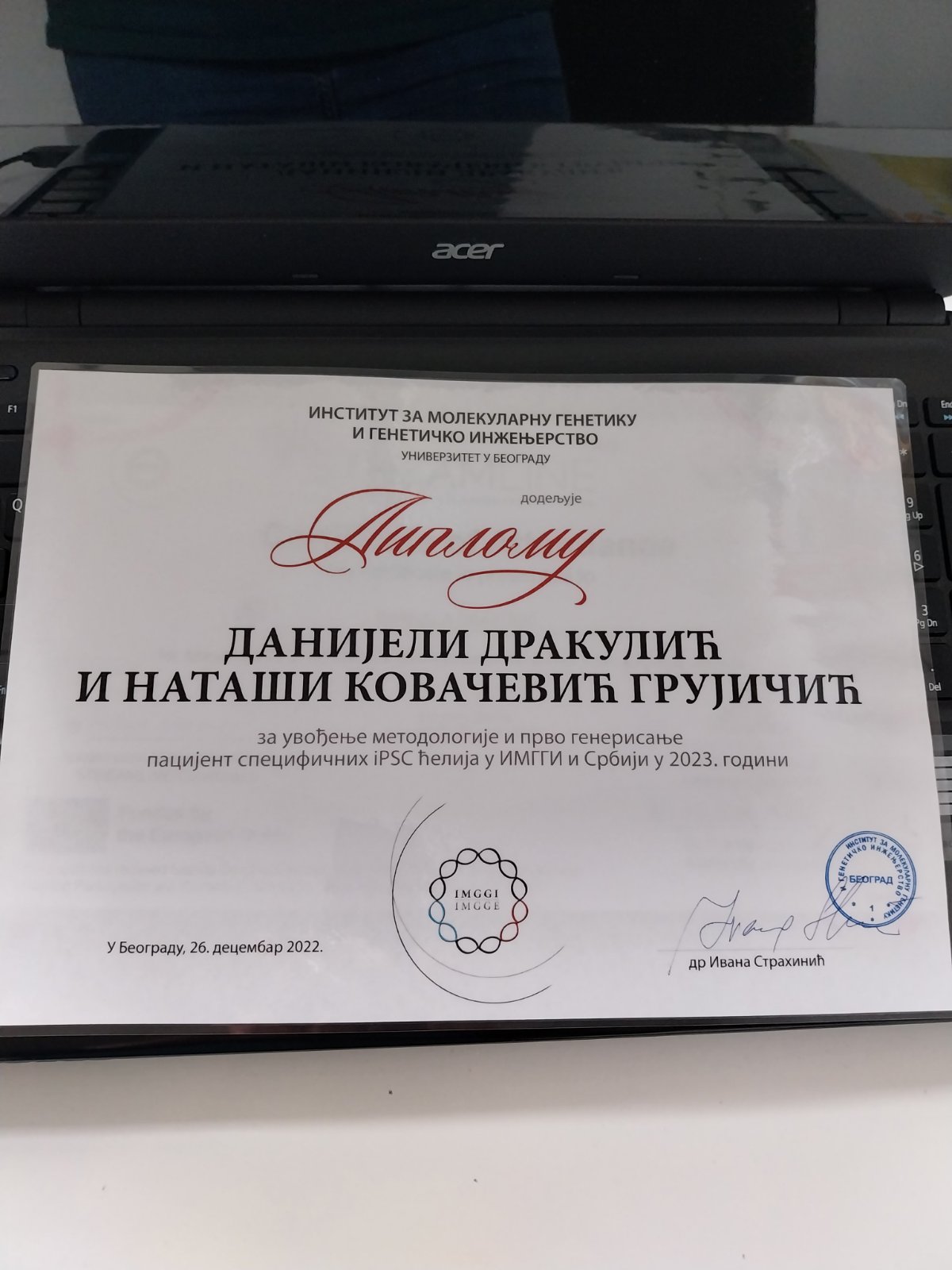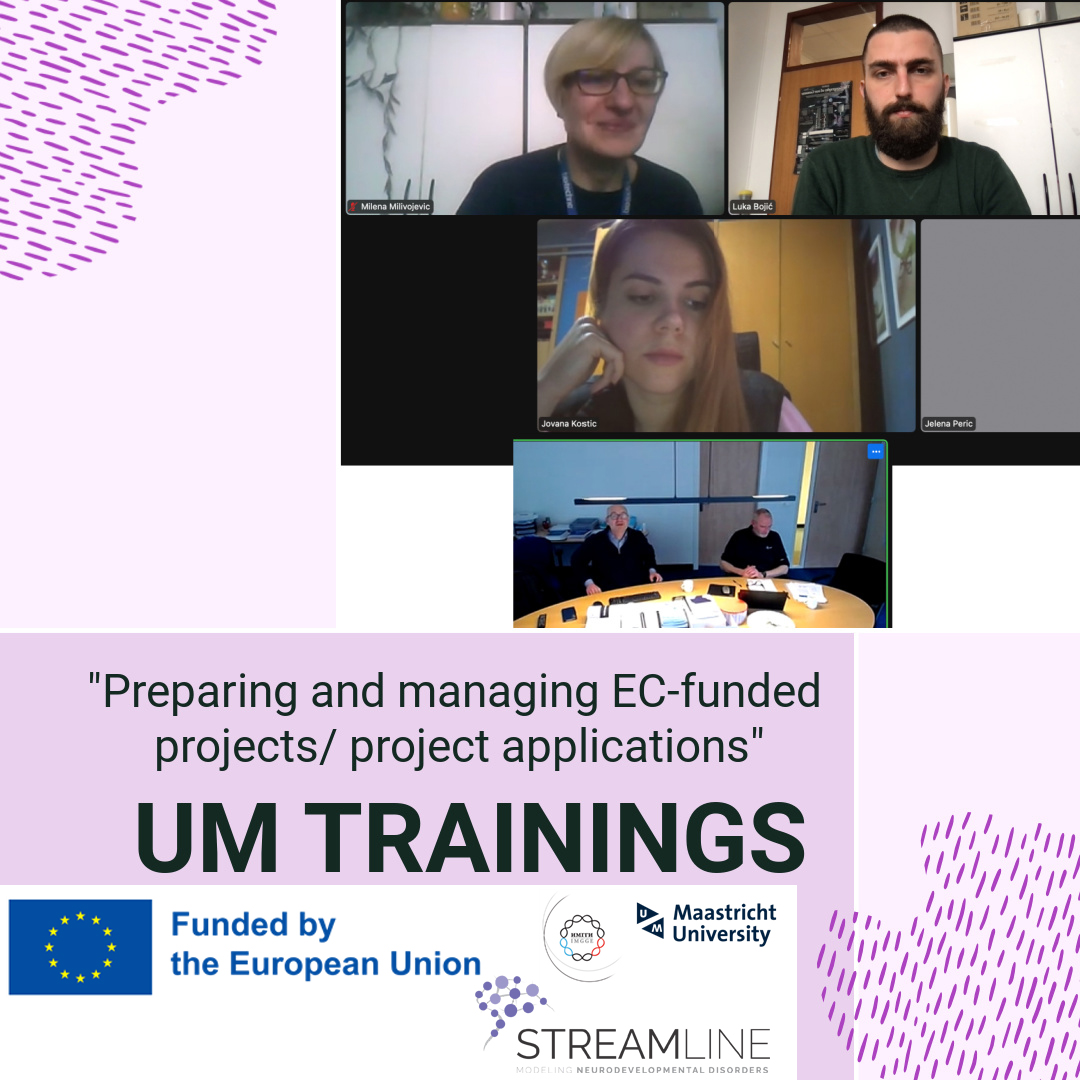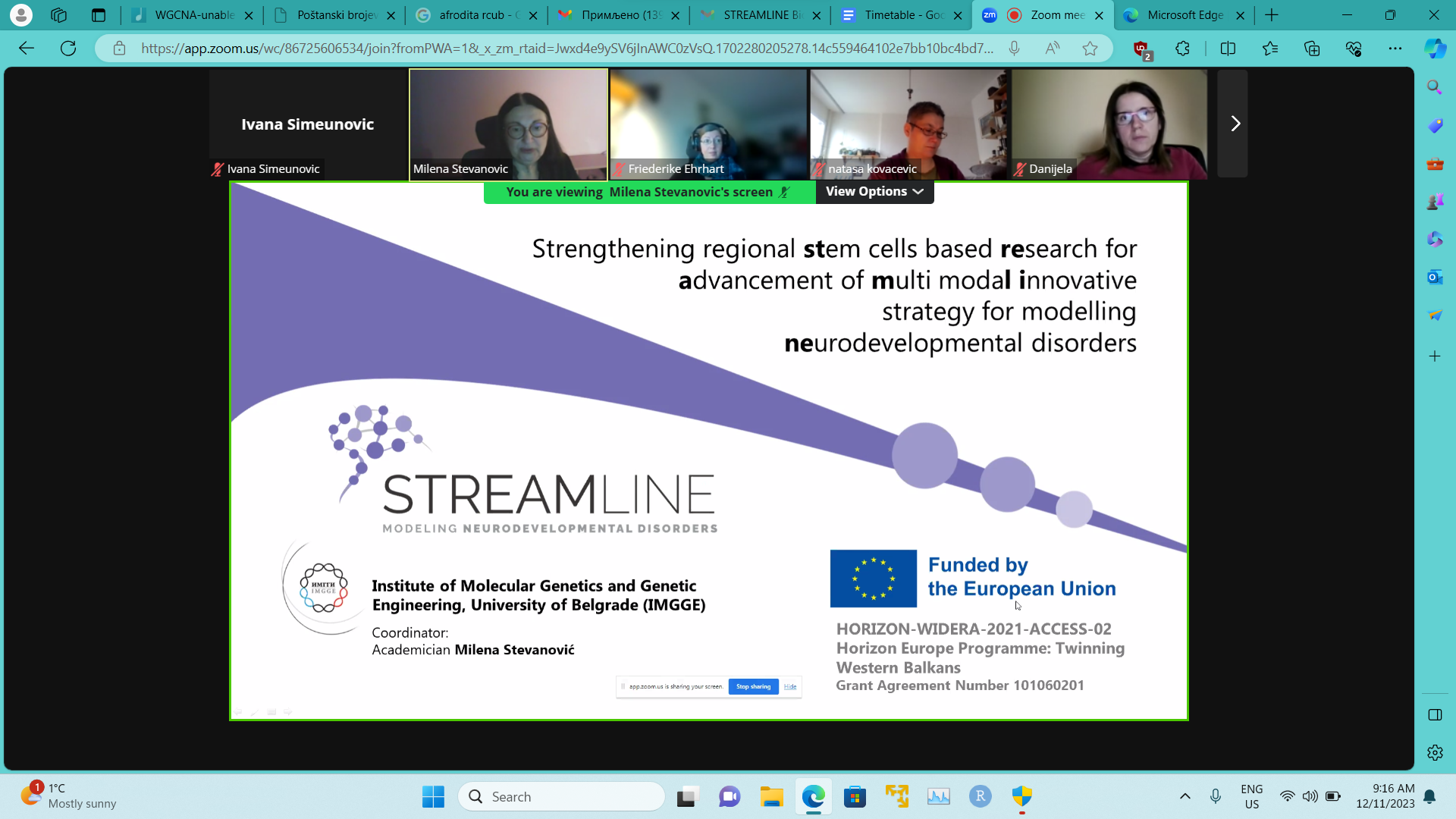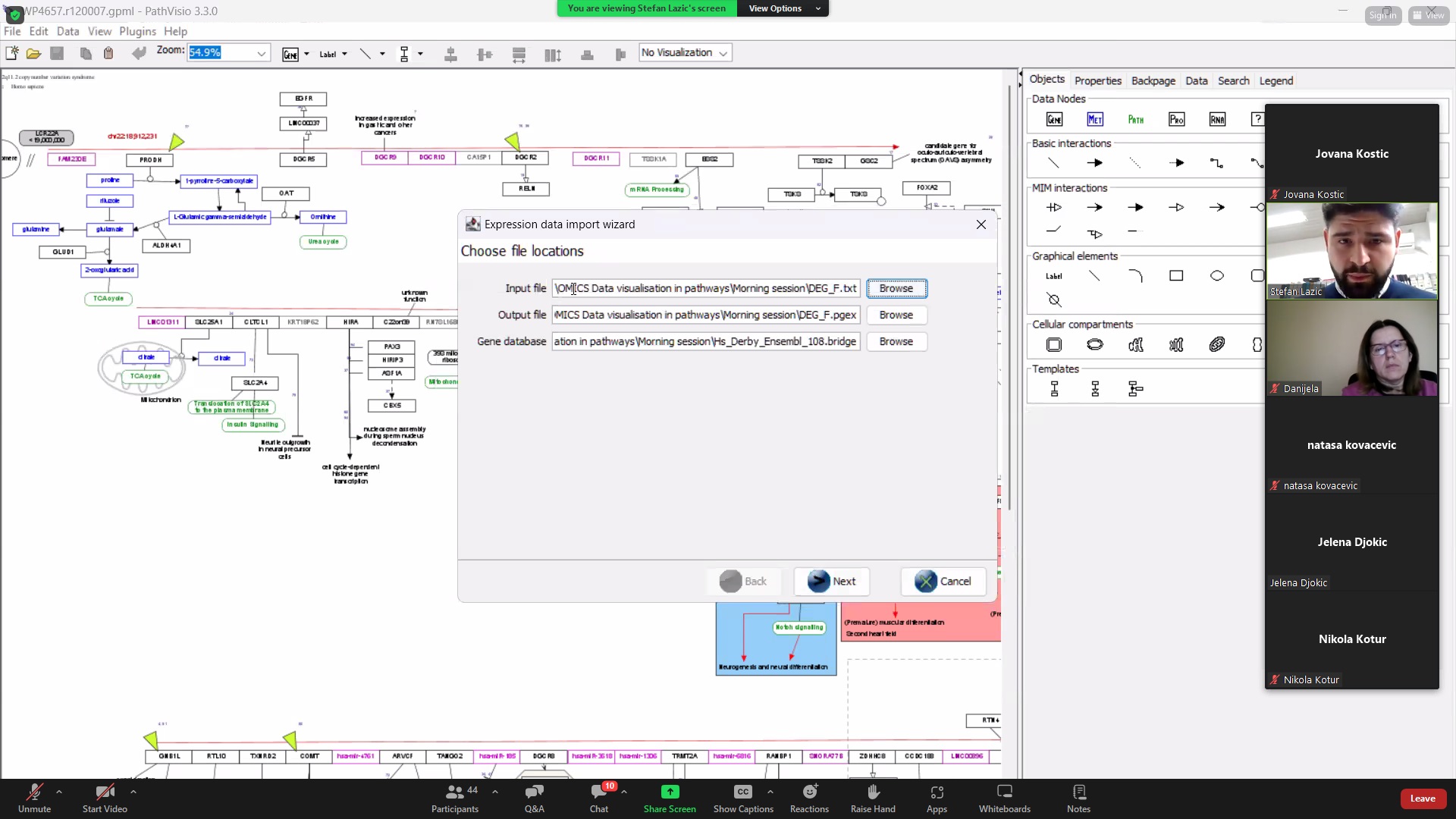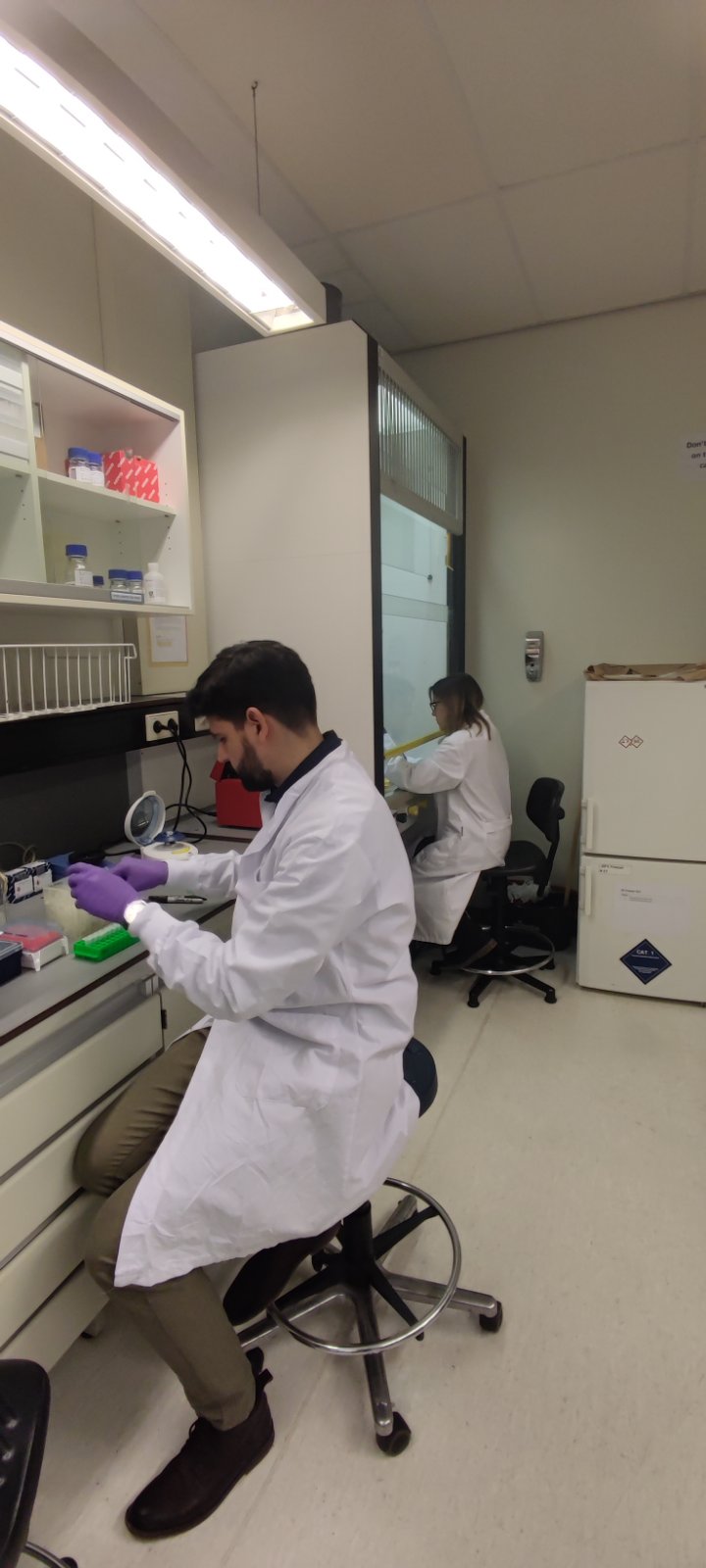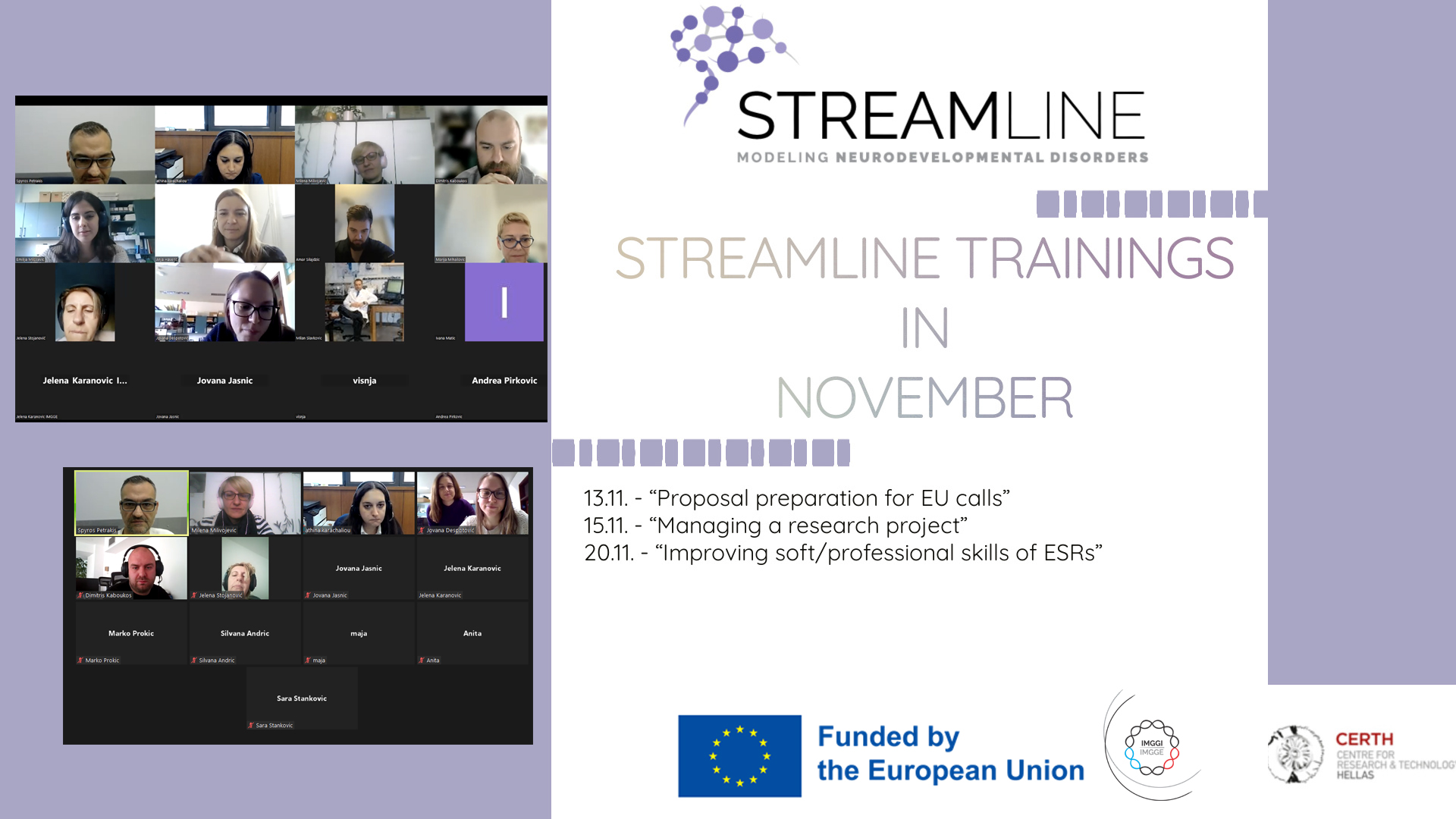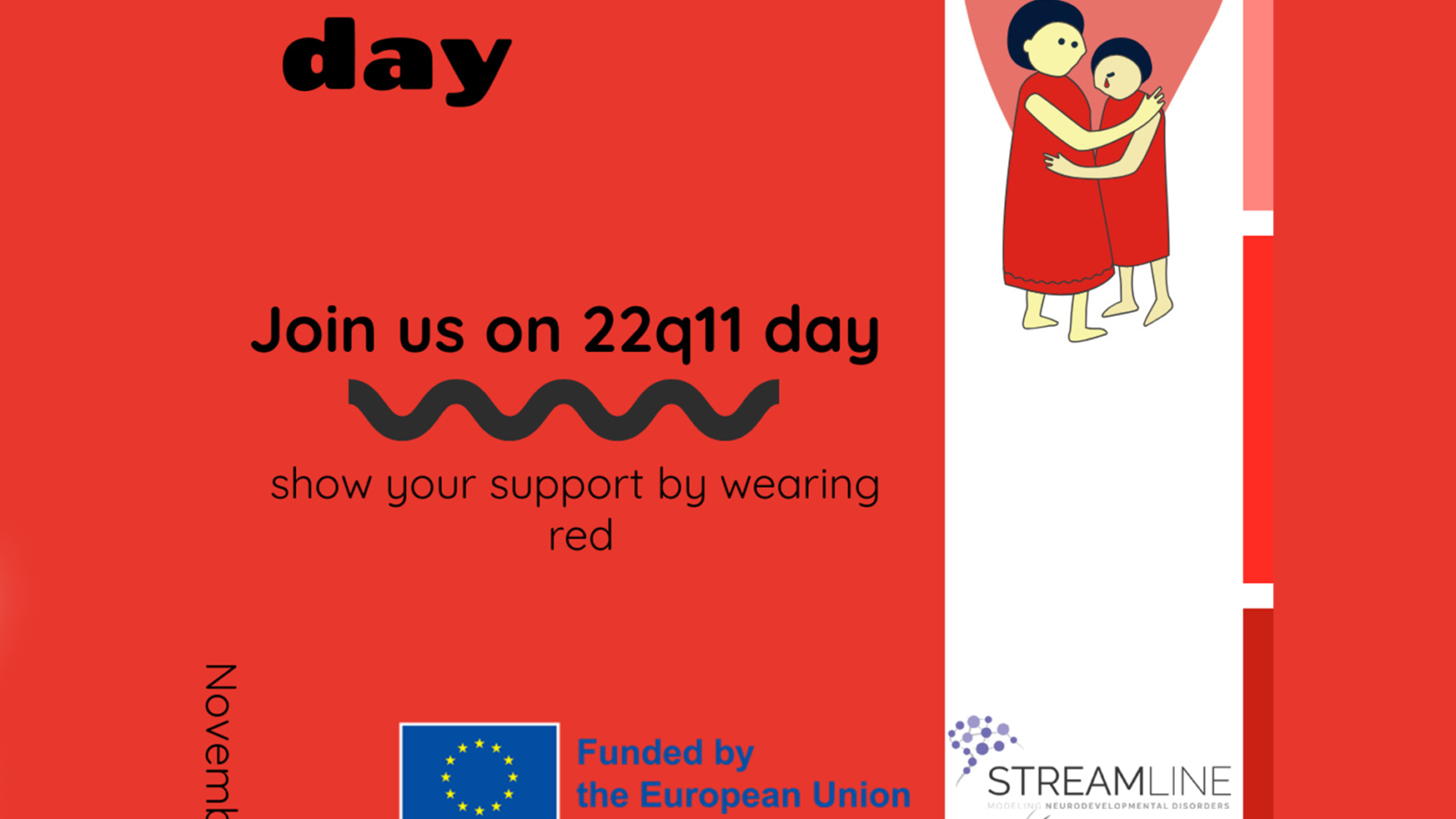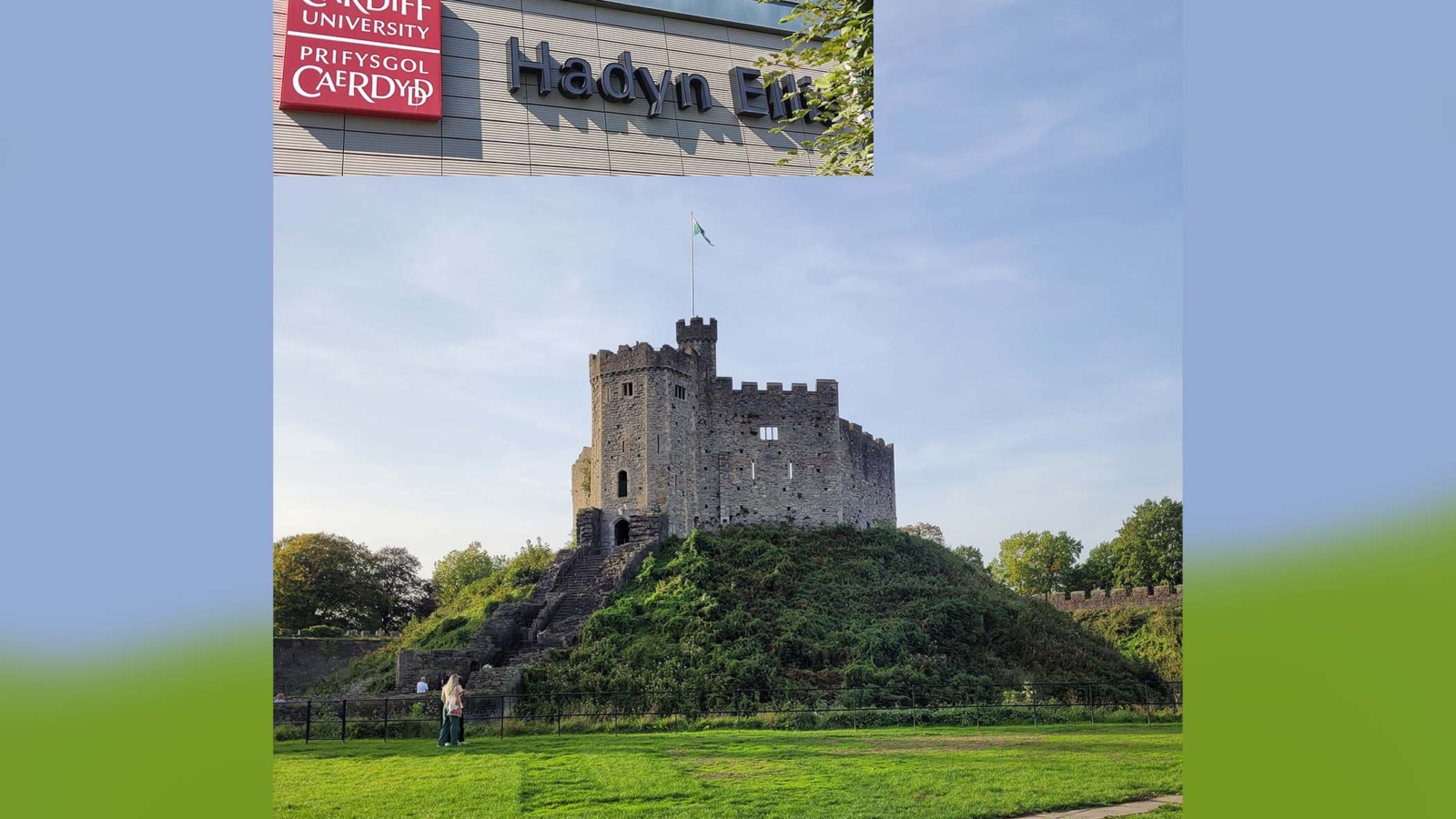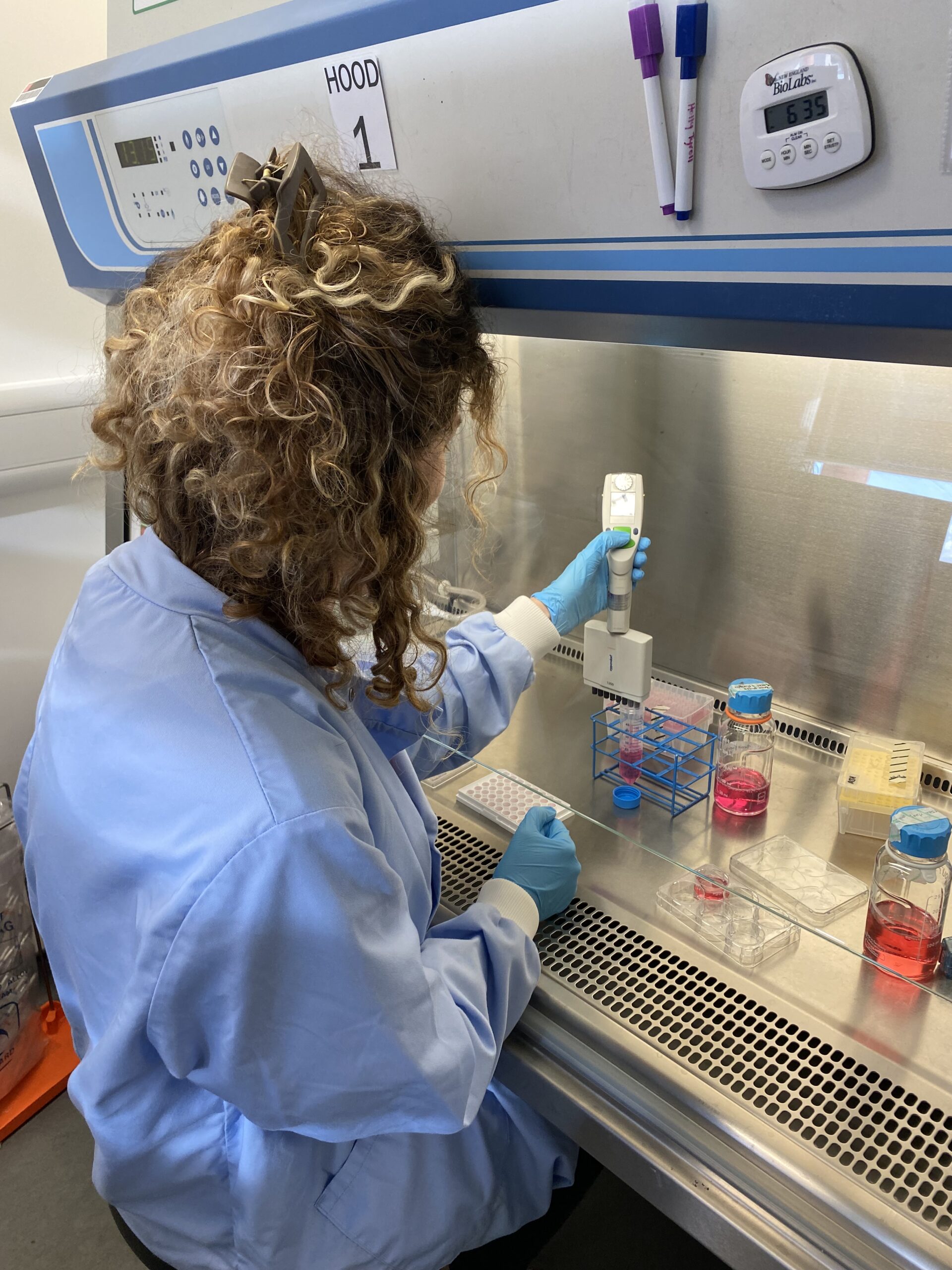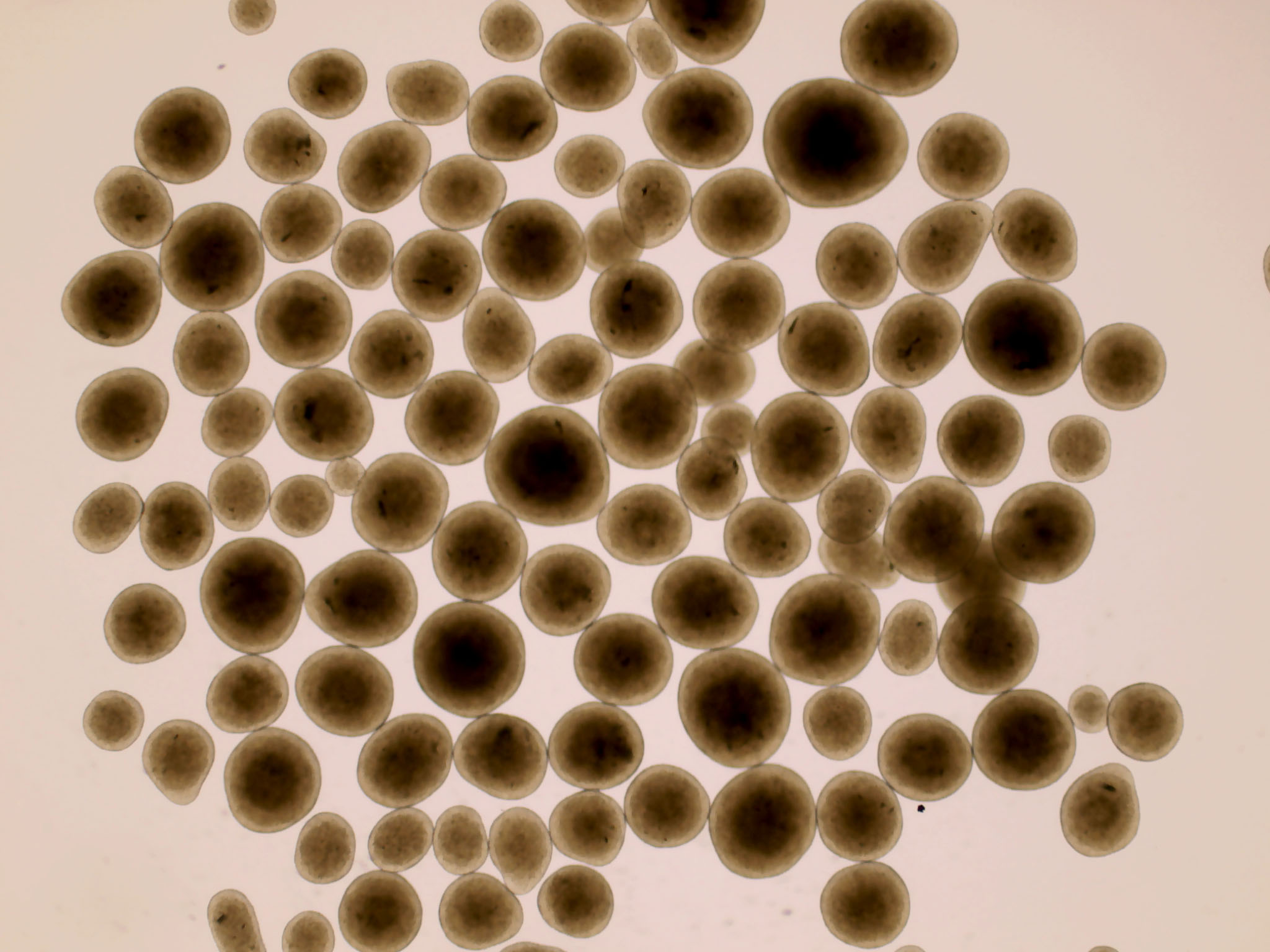Under the umbrella of the STREAMLINE project, our partners from Cardiff University, United Kingdom held virtual training “Importance and best practice for Data Integrity”. The training was dedicated to participants from Western Balkan region. Topics covered during this training were what is data integrity, why is it important and how to incorporate the data from various resources and how to build a database. We use the opportunity to thank Prof. Adrian Harwood and Dr. Janet Harwood for organizing and sharing their experience.


